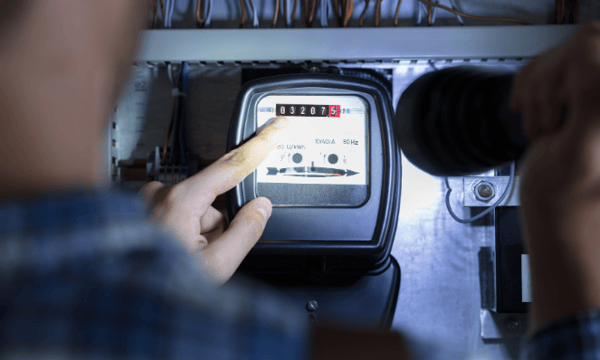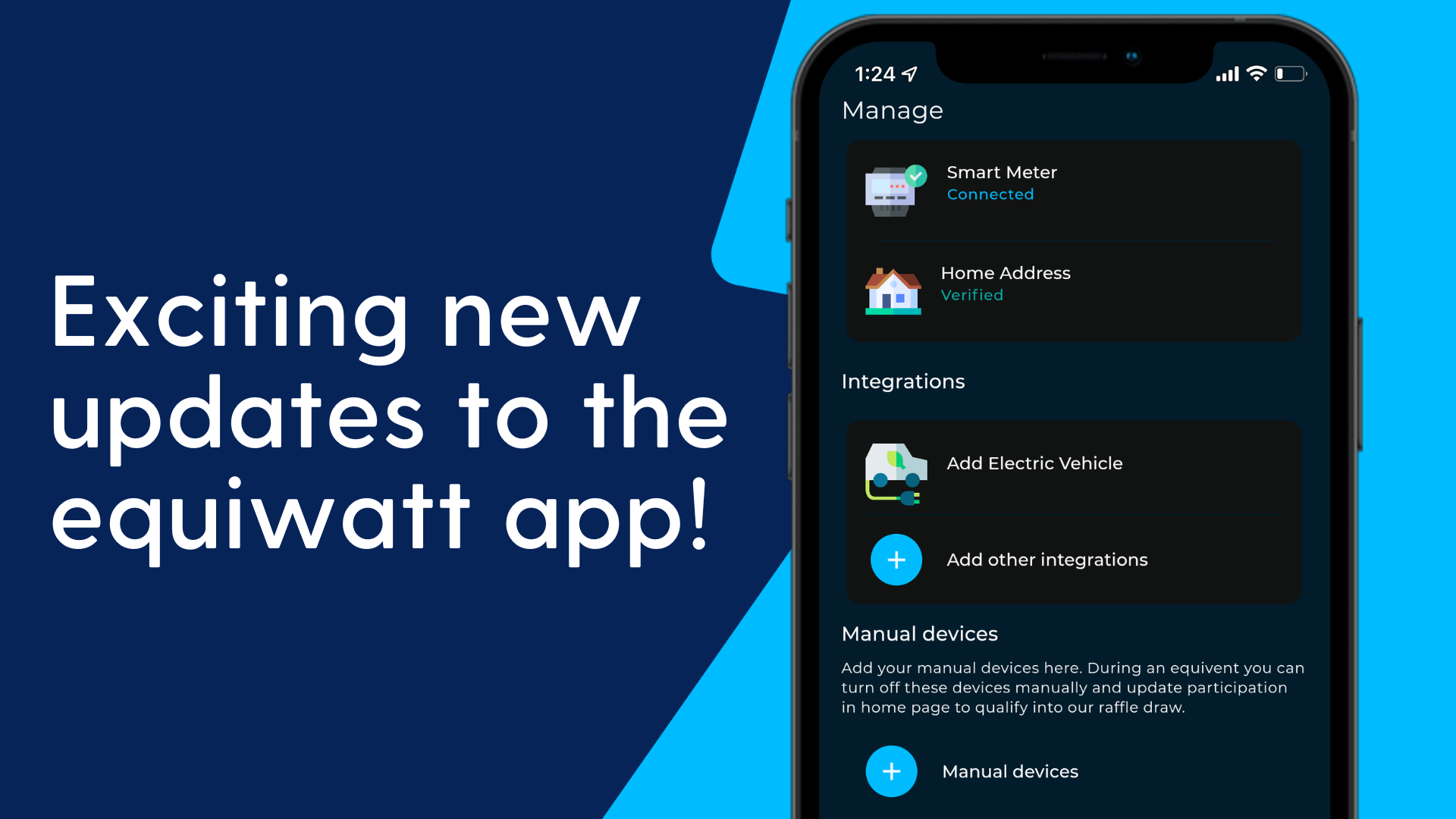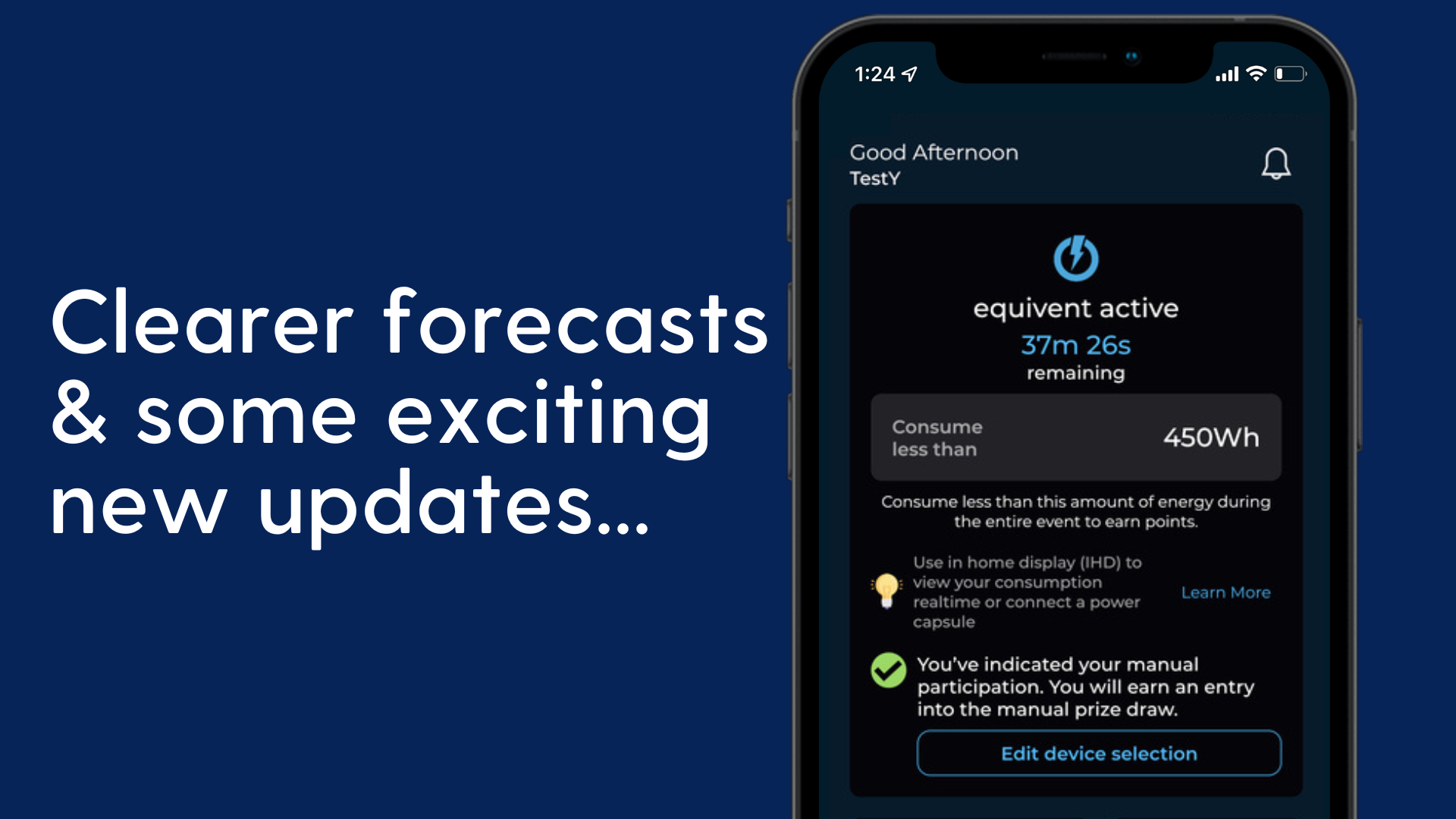
The recent announcement from Ofgem that the electricity price cap will be increased by 10% from April 2021 is controversial and unwanted news for UK residents.
It is something that will affect 11 million people on out-of-contract or pay-as-you-go tariffs, many of which are the UK's more vulnerable households and families as well as those who have experienced the impact of the pandemic through challenges such as unemployment or the increasing cost of other essential household bills.
With all this in mind, we have considered some of the key questions that this issue raises and included our views on how we got to this situation, how it affects consumers and most importantly, how these issues can be mitigated.

1) Why is the situation happening? - The background and context
Several factors are behind the proposed increase in energy prices, the main ones being:
-
The ongoing global pandemic - including its effect on supply chains and an increase in unpaid debt created by financially impacted households
-
High wholesale fuel prices - this is particularly impactful given the UK's heavy reliance on fossil fuel (gas and oil) powerplants
-
Seasonality - the colder weather drives a naturally greater demand for power to heat our homes
-
Brexit - market and trade regulation changes have contributed to cross border turbulence.
A mix of power plant outages, low levels of renewable energy generation at the time required for use, and weather changes (like the recent cold conditions) have caused the UK’s electricity prices to rise to sky-high levels. Prices have regularly been reaching £800-900 per megawatt-hour and even reached a new record of almost £1,500 during evening peak hours. The price normally oscillates between £30 and £80, with peak prices of around £100 to £200. Indeed an even more extreme example of this has been seen recently during the Texas energy crisis which highlighted the impact on households of an inability to manage and meet extreme demands on power.
Back to the UK and many experts agree that our strong and even growing reliance on fossil fuels has been made more expensive due to global price increases for fuels such as gas. The National Grid’s electricity system operator (ESO) has relied heavily on gas and coal plants in recent weeks to meet the UK’s demand for electricity.

The National Grid is paying thousands of pounds to idle fossil fuel plants for each megawatt-hour they generate to fill the gap left by power plant outages. This highlights the massive need to transform our energy system into a smarter, more efficient and less carbon-emitting one.
It is important to emphasise that these problems are NOT a result of the transition to lower-carbon grids and that renewable energy is not to blame. Instead, inefficient management of the grid, the vulnerability of our power systems to unexpected changes in the weather, shifts in demand and the lack of infrastructure required to move to a cleaner and more efficient system, particularly in the long run are all to blame.
On the contrary, because it is 'free' to generate electricity from the wind and sun, unlike plants that are fuelled by gas or coal, the need to improve the efficiency of our energy system and promote smarter energy consumption has never been greater.
.png?width=600&name=Untitled%20design%20(1).png)
2) How does this affect me as a consumer?
Boilers using gas, oil, coal or wood are being phased out and replaced by electrically powered alternatives, such as electric heaters, water tanks and heat pumps. This creates a higher demand for electricity and more pressure on electricity grids to cope with challenges such as peak hour electricity usage. You can read more about that in our previous article here.
Homes using electricity at the same time during peak hours (e.g. during evenings when everyone is watching TV) causes huge stress on the system, a problem that has yet to be solved. Our delayed transition to a more renewable energy reliant system further highlights the expense of fossil fuels! Instead, a shift towards a smarter more efficient energy consumption system is needed more than ever.
3) How can I mitigate this? - What can I do to reduce my energy bills?
We shared our top tips for energy saving last month and that included some of the various solutions out there that help you reduce energy consumption - including insulation, more energy-efficient appliances, and low carbon technologies like heat pumps or smart thermostats.
Other solutions are embracing smart technology and thinking scientifically about how we can collectively make a difference in energy consumption. Demand-side response has existed in commercial markets for a while but applying such smart energy consumption management to households could have a very significant, yet simple to adopt, impact. For example, 1000 households using the Equiwatt app can help to save around 360kWh of dirty energy and offset 250 tonnes of CO2 a year.
Although this might not provide an instant decrease in energy bills, it rewards you over time in both your pocket and through your contribution to a more sustainable, responsible and smarter form of energy consumption that creates a cleaner world too!
If that sounds like the kind of community you'd like to be part of then download our app below to get started for free today.

















